William Thomas Atkins of Salem (Roanoke County), Virginia was born during his family's Christmas celebrations in December 1906, ... on 40th anniversary of the Battle of Nashville that nearly killed his grandfather Charles Kyle and marked him for life. William Thomas Kyle Atkins, born 1906 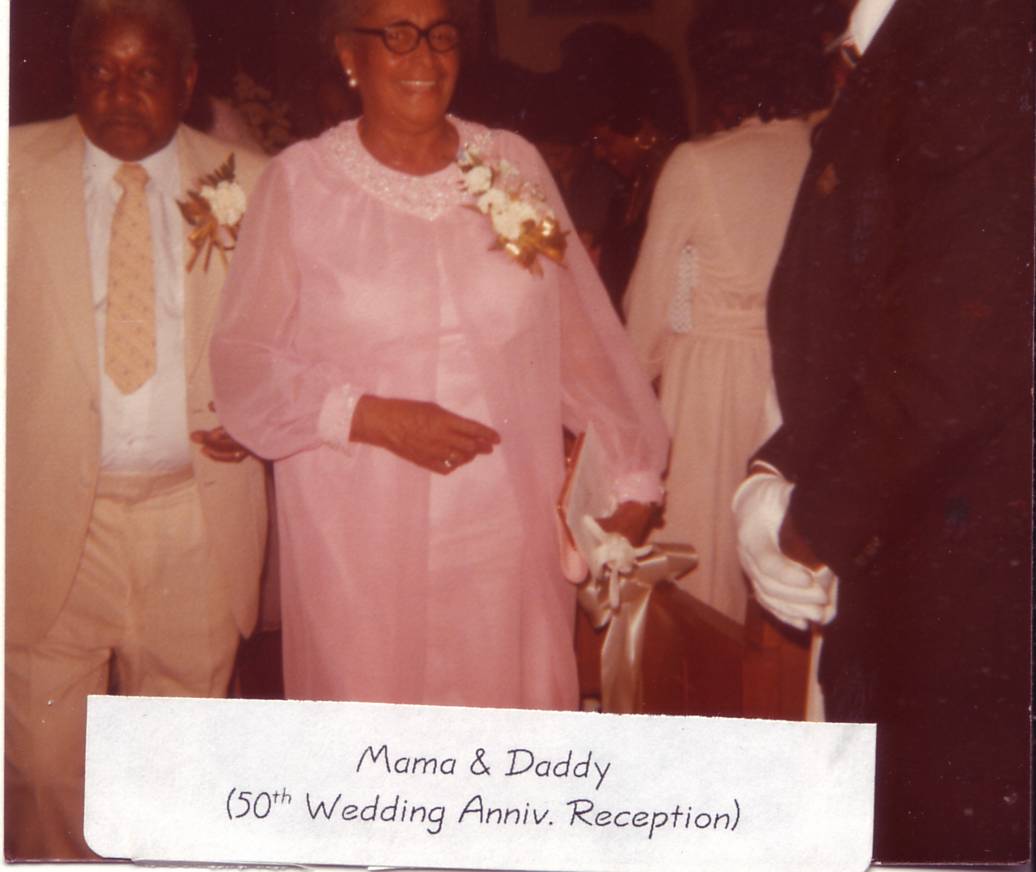
William believed the birth-mark on his side was a reminder of the sacrifice made on his behalf by "Grandpa Charles Kyle," beloved husband of "Grandma Kyle" who was the mother of "Mama Julia" who called him "Willy" and to those she called "brother" (Edgar born born abt. 1898) and "sister" (Evelyn born abt. 1900). For him, consequent to childhood indoctrination and memories, his birthday was always celebrated in conjunction with Christmas and he loved and kept Christmas week above all other holiday times, and much more than a single day of happiness and joy among family members near and far. Bill Adkins Ministries From the earliest days of his childhood memories beyond breast feeding by his mother, even for toilet training when he had to summon the courage to use the out-door toilet by himself. Mama Julia assured him that with Christ, ... he was never alone and should not fear the unknown regardless of what other children like his brother Edgar might say to tease him. Bill would later recall for his own children that he was nurtured to value family above all other states of existence in friendships, playing, praying, schooling and struggles to come as a laborer, husband, and father. By age three years he sought and was able to perform errands that helped his grandmother, mother and sister in preparing family meals and particularly enjoyed "shucking" the leafing from corn seemingly served with every supper cooked. 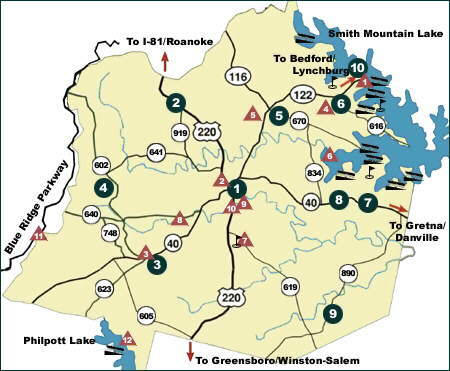
By age five years, Willy was helping his father, uncles and brother in their choirs of weeding gardens, feeding hogs, harvesting corn crops and feeding chickens and collecting eggs. And, it was a time when he first interacted with White men and boys via his grandmother's visits to the nearby Baptist Orphanage and farm for White youth, ... most of whom had been abandoned or surrendered by unwed single mothers up in the mountains and unable to keep them. His grandmother and mother worked at the Baptist orphanage and did most of the washing and cooking for the boys living there. And, he witnessed White children and adults referring to his grandmother Adaline Kyle as "Grandma Addie" and his mother as "Mama Julia" like he called her. And, because his beloved grandmother liked the orphanage folks he did likewise, smiling because she smiled, and getting the same response she received. She called him Willy and they called him by the same name, ... as he and they joined in children's play under her watchful eye. Then Now 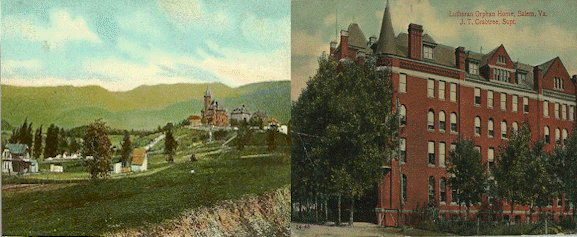
Grandma Kyle was not a Baptist but a very organized and proper African-Methodist Episcopal with rules and behaviors for all occasions, ... worship on Sunday, washing clothes on Monday, drying and ironing on Tuesday, food canning and choir rehearsal on Wednesday, bread baking on Thursday, women's club meetings and visitations to sick and shut-ins on Friday, home cleaning and beautification on Saturday, ... and Sunday starting all over again, being born again, in the name of Christ. Her mother Easter Frog was evangelized by the African-Methodist Episcopal Church missionary incursions into Franklin County (perhaps in the 1840s great awakening movement) wherein she was baptized but still enslaved to the Armstrong and Dillard families that would also own offspring Adaline and siblings. Living free at last in the Roanoke-Salem geography of the victorious Civil War Kyle brothers and cousins, ... she gave birth to Willy's mother and others as born-free Americans by the grace of God and husband Charles. For Grandma Kyle and Willy and siblings, Sunday was church day and all boys and girls wore their so-called Sunday clothes and enjoyed the assemblies of people praying, singing and preaching followed by delicious meals of special meats like chickens, hams and even pork chops unlike week-days when often-times food was often meatless unless an occasional unlucky rabbit was caught, skinned and cooked as extra. He learned to enjoy working with his hands and received praise from family members for his daily endeavors, and before beginning school sessions in Salem he had already taught himself to swim in the creek below their house, ... and set about clearing away unwanted brush from the dam that older brother Edgar had created as a private swimming hole that required his invitation and acceptable items of trade (such as apples, peaches, marbles, and walnuts). Baptist Orphanage for White Children Older boys from the orphanage, with the invitation of Edgar visited to swim and enjoy Grandma Kyle's hospitality that usually included something sweet to eat or drink, and listen on occasion to brother Edgar sing his favorite songs heard in Roanoke. Orphanage boys did not refer to themselves as White folks and neither did Bill who called them by their names given and responded to. They all looked different, tall, skinny, fat, redheads, blonds, pimple faced and even dark skinned White looking like Grandma Kyle and some of her relatives. She had nursed many of them and her own relative in their sickness when epidemics hit Salem before and after Bill was born. His grandma had satisfactorily explained to him that because all the orphans had been baptized, they were his brothers in the body and spirit of Christ and that was why she loved them. But, the greater problem with whiskey was that alcoholism in both mountains and valley had become the number one sickness among many thousands of inhabitants (Black, White and Native American) making them unfit to be fathers or mothers. Both the Black and White Baptist and AME and White Methodist preachers seemed to all agree that, ... whiskey was bad news and that drunken behavior was a mortal sin. Bill would later recall that they all had in common an interest in exploring the mountain that raised up across the small creek and would venture a short distance into the tree line from where deer, bears, raccoons, possum and even wild cats came down at night to drink. But, he was obedient enough to not go further up the mountain, ... and as common with boys at that age, refusal by one usually caused hesitation and turning around by the others since they did not want benefactors like Grandma Kyle (Miss Addie) to discontinue their privileged swim hole visits. She and other adults would seemingly get angry when learning about boys going into the tree line on side of the creek. Bill would learn at a later age the real reason was that moonshine makers with whiskey making stills further up the mountain would deliver their products to secret locations down hill close enough for customer distributors to pick up and sale. And, sheriffs, revenue agents and hijackers would often follow any discovered trails up the mountain in their search for the illegal whiskey. The hills around Roanoke and Salem were far more alive with the sounds and smells of corn whiskey than wild animals. And, people therein could and would shoot their weapons at suspected intruders, including boys like Bill's older brother Edgar seeking to discover a whiskey stash often buried in the ground. The industry itself had flourished during and long before the ending of chattel slavery with many descendents of Whites and slaves in the mountains knowing how to do little else than grow corn and make or distribute whiskey to earn a living. Among African-Americans, the Jacksons, Lewis' and others owned large plots of land and with a heritage of Cherokee and free colored had been able to avoid the trappings of slavery down in the valley. In time, some would come down to attend the colored or white schools in Roanoke-Salem, and pay their fines or serve jail sentences when the sheriff caught them making or selling whiskey. Moonshine Industry Southwestern Virginia 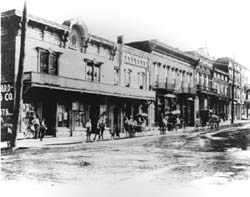
But, his life-view would undergo major change when he began schooling in the fall of year 1913 after he had turned age six years in December 1912. It was then and there that he began walking and talking every day to Cora Lee Hill who had turned age six in June 1913 and began school at same time as Willie, ... and could read. Cora lived a short-distance away and Grandma Kyle always called her father Cousin Willie. On most days he walked with them, and Cora's Cousin Fred Woody, at a fast pace, to her Uncle Henry's house in Salem. They were then joined by her cousins Ora Lee Hill and older Buster Lee Hill, ... for the adventures to the schoolhouse wherein Buster was the best athlete and most popular kid in the school, and functional "big brother" to all cousins. Buster once embarrassed his father Henry Hill (janitor at Roanoke College) by interjecting himself into a college track meet of varsity competitors on campus in which he overtook and outran all the competitors before the finish line. Of course, he was banned from the campus but acclaimed by African-Americans in Salem for his display of cleverness, nerve and quickness. He later stated that his run was in response to taunting received from coaches and team when he attempted to observe and learn how college trained runners get ready, set and go at sound of the starter pistol. Willy later conveyed to his sons that Buster, Cora and all the Hills were very proud and did not let White folks look down their nose at them. For Willy, Buster was a hero for proving he was the best. Cora Lee Frog Finney Hill, born 1907 School days for Willie began with the colored elementary school-house in Salem, about a mile's walk down Broad Street where affluent White families lived to Water Street wherein many Black families resided including his Aunt Emma and Cousin Eleanor and other cousins. 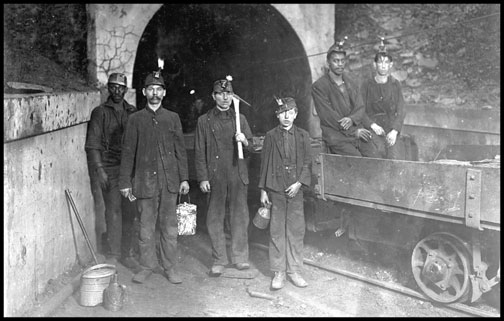
About the same time that he began school, his big brother Edgar had ended schooling and was soon taken to Bluefield by Papa Luther in preparing a way for him to earn a living like other Adkins/Atkins who worked as part-time farmers growing corn, hogs and tobacco; ... and cash and carry coal mining where lesser boys and men feared to tread. At six years of age, Bill's greatest challenge was to attend school on time every day and be certain not to miss Sunday School since the school principal was Deacon Duckwilder/Detwilder of local AME Church who checked each Sunday morning, both Baptist and AME, ... to see which children were not attending and thus lined up for school scolding and spanking on Monday morning. Like most other African-Americans, in the second generation up from slavery, ... Willy/Bill/William was literally daily indoctrinated that reading, writing and the teachings of Jesus were one and the same for folks "up from slavery." One was not possible without the other and pretentions at either would denigrate the race to what it was during the horrors of slave plantation life, ... where ignorance prevailed and slaves did not know how to read or use the bible, nor plan for a better generation. The testaments and pronouncements of the self-proclaimed Apostle Paul who was favored by the slave owner type Christians, ... was hardly if ever mentioned by respectable Black preachers around Salem. Slavery In Virginia St. Paul's Episcopal Church in Salem did not allow African Methodists Episcopal members to enter their building or grounds and was known by boys like Bill as the Slave Owner's Church per link below: Slave Owner's Church 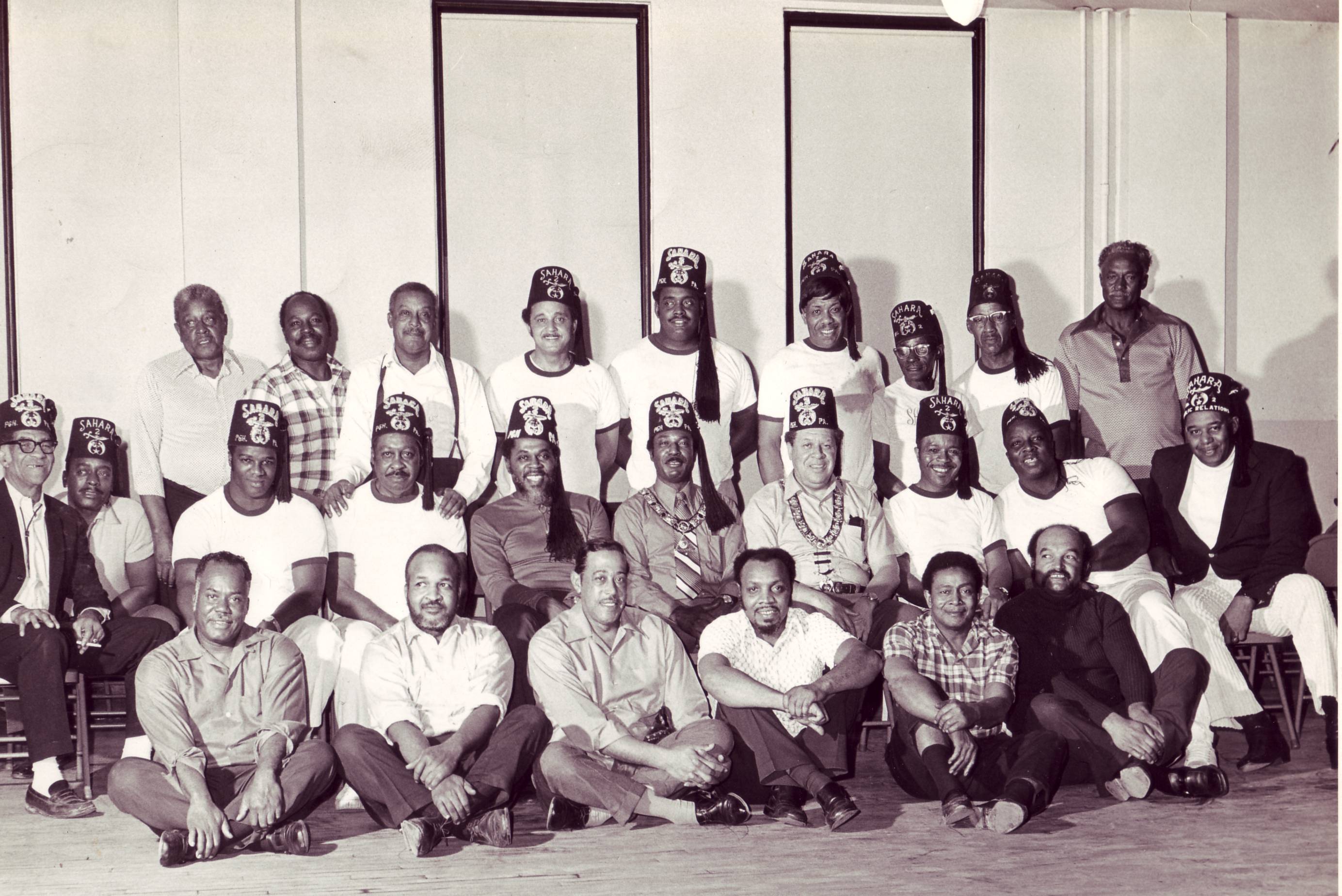
Civil War veterans like Uncle Ellis Kyle mocked most bible waving types who had never ventured beyond Roanoke-Salem, ... but nevertheless proclaiming knowledge about other places, like Cleveland, based on readings in Book of Revelations. 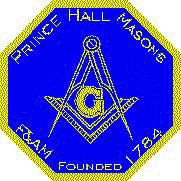 For him and his kind of men, the Prince Hall Masonic Lodge they established and patronized in the area revealed to them what they needed to know about traveling near and far to gain knowledge and contacts to earn a living, ... rather than listening to a lot of nonsense by men pretending to be knowledgeable. For him and his kind of men, the Prince Hall Masonic Lodge they established and patronized in the area revealed to them what they needed to know about traveling near and far to gain knowledge and contacts to earn a living, ... rather than listening to a lot of nonsense by men pretending to be knowledgeable. In Virginia, the great battle for the hearts and minds of young men and women enslaved in false religious dogma had begun soon after the Civil War ended and Presbyterian type urgings in and around Richmond had fostered into existence not only colleges for farmers and teachers but also free masonry about year 1875 to encourage Black men to gain skills in the crafts and mechanics. 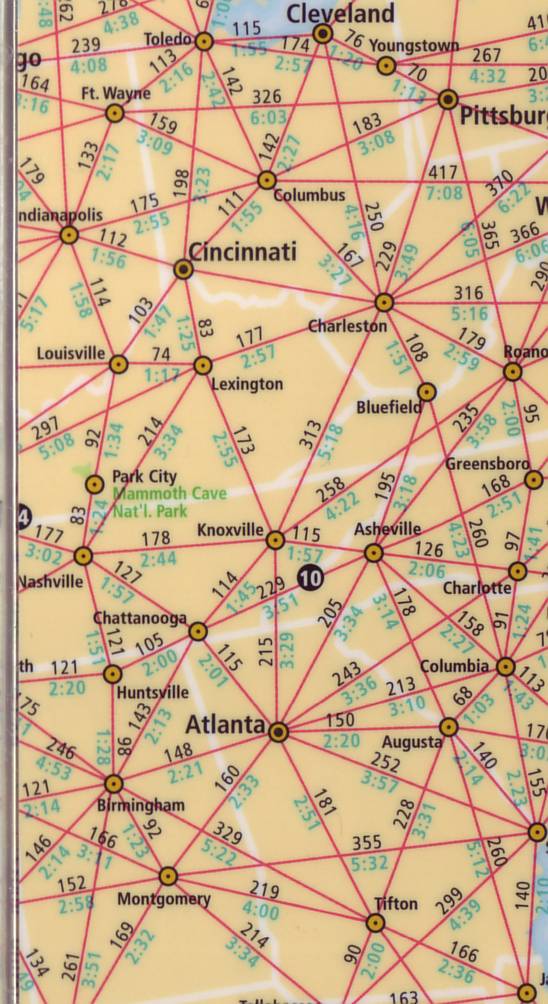
Many civil war and post civil war veterans, especially those who had gone far west and even into places like Vera Cruz Mexico, ... had survived to tell what they had seen and heard quite different from the typical average Black man. They had participated in the great struggle for personal liberty and were avowed free masons; and their most wishful and worshipful grand masters were looked to in leading them by degrees to the true grand master, Jesus Christ. For them, free masonry was more than a church building where mostly women went to worship but rather a philosophy of life by which to work and die. Raising up a new generation, a family of children, was the true church that Jesus commanded, not more temples of brick and mortar like egotistical preachers liked to do so as to be seen, heard and admired by assembled congregants. Plantation Preachers 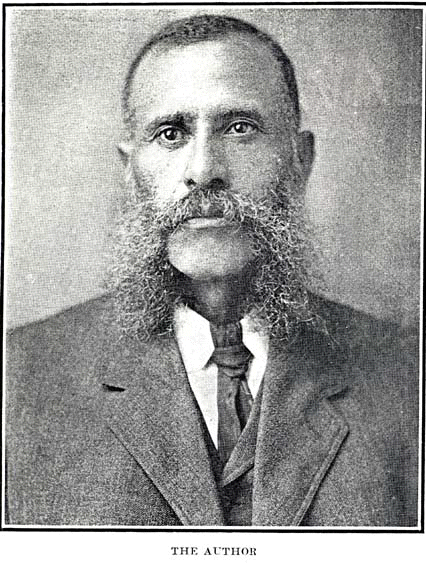
Bill's father, Luther Atkins had been baptized in the True Vine Baptist Church of Franklin County, Virginia; but, told him the truest church in his life was down in those coal mines where he struggled to raise up his family, not paying to listen to some jack-leg preacher knowing very little about nothing except how to get women to give him their husband's money rather than spending it on their children. Bill said the contempt that his father held toward preachers (including Adkins relatives who claimed to be called) was generated during a boyhood in Franklin County where a lot of men drank too much and their wives went to preachers for help in getting rid of the devils making them do it. In those years after the Civil War, men other than preachers were mostly share-croppers for tobacco or corn and earned very little money, and children were often hungry, ... but mothers found food and money for preachers. 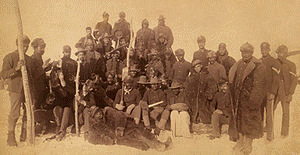
Many masons like Bill's uncles were inducted into knowledge and participation in African-American masonry by virtue of their military associations and travels in the approximately 100 U.S. Colored Troop regiments during the Civil War and later as members of one of the four Buffalo Soldier regiments. Buffalo Soldiers Those men then and now in military services who spent years travelling and observing people and places far beyond curiosities of most African-Americans tended to have far greater curiosity about other Black men such as Prince Hall and Paul Cuffee (Kofi). Many viewed the churches as temples that Christ had promised to tear down and replace with HIS church they interpreted to be families and communities without walls classifying and dividing them like it was during slavery. Free Will Beliefs, Attitudes and and Behaviors Bill's uncles promised him that when he reached the age of free will they would take him across the burning sands into the hidden world of masonry rooted in the great pyramids of Africa built by masons who kept their great building skills and techniques secret and hidden from laymen. Ellis Kyle who had become a Mason during his many years living in Ohio, explained to Bill that Prince Hall was given his charter by the British military lodge who gave him the Scotch rites; and after the war may have travelled with the Black Sea Captain and ship-owner Paul Cuffee (Kofi) into Africa where where he received further knowledge. Prince Hall Masonic Lodges The Most Worshipful Prince Hall Grand Lodge of Virginia Free and Accepted Masons, Inc.Is a fraternal organization dedicated to the fatherhood of God and the brotherhood of man. Our organization takes good men and develop them to be better men. We dispense charity, promote family values and are endeavoring to significantly aid in the uplifting of humanity. 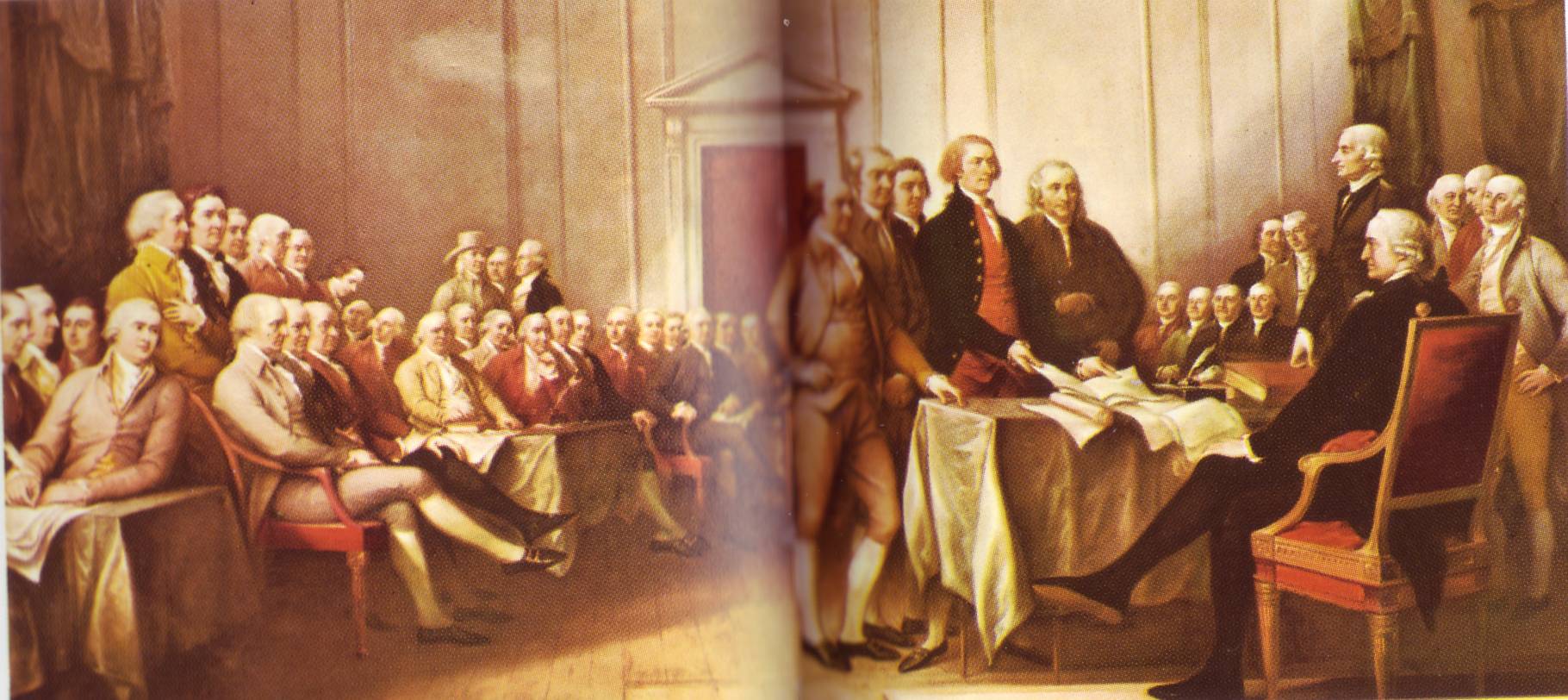
In many ways, men like Prince Hall had admired and sought to emulate the audacity of courage and determination by White men like George Washington who just happened to be Scotch rite Masons like so many others shining White and bright in the declarations for liberty. So far as they could see and hear, there were no preachers, not even Richard Allen and other pious souls, ... involved in laying the cornerstone for the new states and generations. They had no earthly reason to expect such brotherhood could or would exist among preachers; which is why Prince Hall chose to foster a different philosophy that did not completely exclude the role of religious beliefs and practices. But, like the men they admired most (George Washington, John Adams, Thomas Jefferson, Benjamin Franklin, Alexander Hamilton, etc.), ... masonry by Black men never relied upon men with White collars, robes and wigs to organize and lead men to victories in Christ even though many Black women were inspired to view preachers, not fathers and husbands, as "God's anointed." 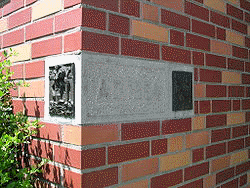 Masonry Cornerstones Masonry Cornerstones
The ultimate purpose of free masonry adapted by many African-Americans before, during and after the American Revolution was to install the cornerstone of HIS church by building sustaining and lasting families, ... and relationships with other men as both the foundations of true community and in memory of HIM that uplifted them. And, some preachers brought up in that philosophy were also Masons but the majority viewed masonry as a competition to their personal community empowerment and sense of chieftaincy for life without foundations for future generations. Many and maybe most African-Americans after slavery still had a lot of African cultural fallacies leading to slavery. And, the great battle was enjoined long before Willy's birth with Masonic leaders perceiving community building as different from ritual oriented practices and views espoused by religious leaders. Generally speaking, organized religion was a visible source of comfort for women, ... men prayed privately for courage. Bill's uncle Robert Kyle had travelled far as a mason and sharp-shooter in the 10th Cavalry Regiment including sojourns in Cuba and places like Saint Louis where he learned about the heroics of the adventurous and courageous Black man named York who was a pioneer in the Lewis and Clark expedition. His story about York was a tale about courage not slavery; and, the ending was about liberty rather than woe among the lowly. Black boys like Bill in and around Salem loved to hear such stories resounded differently from what women like Grandma Kyle could ever imagine or tell. Boys, Black or White, could not/do not relate to or emulate their heroes as old men grizzled and gray as many writers choose to depict courage, if at all, including Frederick Douglass. The Buffalo Soldiers
To many black citizens, the Buffalo Soldiers were a symbol of hope for a better future. Professor Rayford Logan of Howard University commented: "Negroes had little, at the turn of the century, to help sustain our faith in ourselves except the pride that we took in the Ninth and Tenth Cavalry, the Twenty-fourth and Twenty-fifth Infantry...They were our Ralph Bunche, Marian Anderson, Joe Louis and Jackie Robinson."
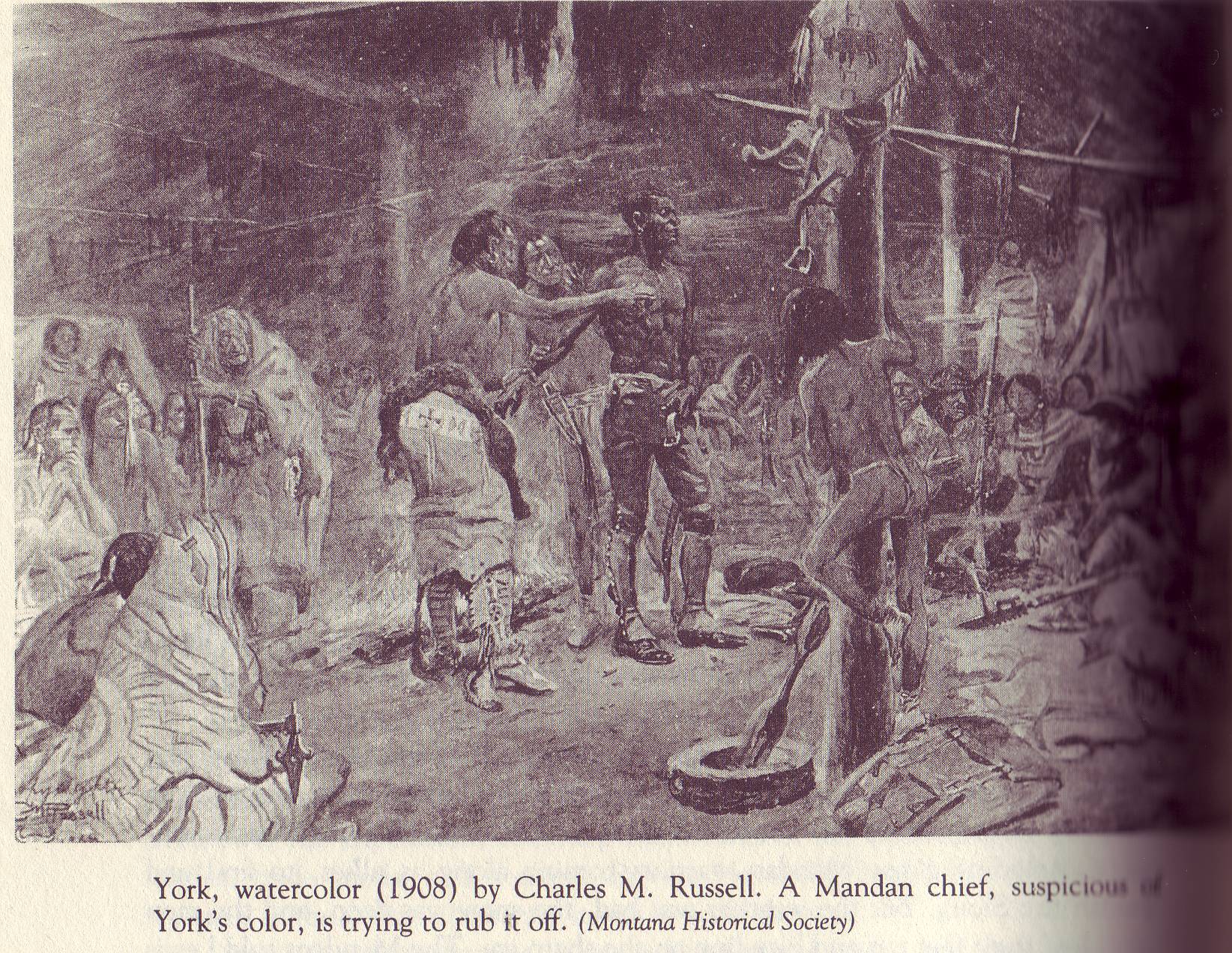
In fact, beyond Hollywood and other make believe fables reflecting ignorance of geography and history, ... African-Americans back then or now have never been monolithic especially when one considers that military age young males are a minority of any color and have never shared the same attitudes and behaviors of the majority populations from which they emerged. The average White man would not have been chosen for the Lewis and Clark Expedition, and certainly the adventurous courageous young man named York was in no way a stereotyped Black slave. It is silly to imagine otherwise excepting enslaved minds for boys to not have relative boyhood heroes. Ninth & Tenth Cavalry Regiments 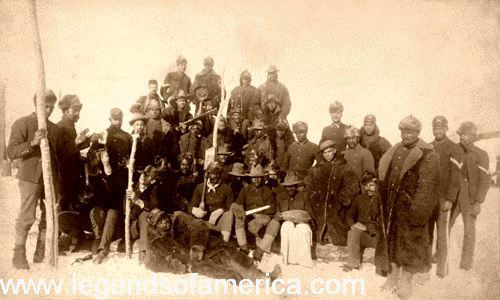
The William Thomas Atkins, Sr. generation had to choose whether they should be born again in the teachings of courageous men (the highest virtue among most cultures) or cling to claims and pretentions of the dark past, ... wherein hordes of plantation preachers, (often illiterate or semi-literate) both Black and White: preached, pranced and otherwise pretended to provide "The Word of God," for a charge of two dollars per sermon each Sunday for a day off from the drudgeries of chattel slavery. Courage was disdained as crazy, evil and troublesome under the watchful eyes of plantation overseers, ... as preachers referenced/read from the writings of Paul urging slaves to be faithful (highest virtue among most Black women) and obedient (highest virtue among slaves) to their masters on earth in order that salvation might be received on earth and in heaven. Picture of Slavery After Paul His family and friends born and raised in the culture that survived the horrors of slavery viewed Sunday as less about worship than group entertainment. Women in particular loved their favorite preachers and men tended to tolerate what was loved by women-folks they loved to be with; and preferred to spend Sunday being entertained by preachers than risk being penalized with Sunday work by the overseers or masters. Plus, being "churched" was a symbol of respectability in the eyes of Black girls and a great incentive for boys who wanted to "court" them. 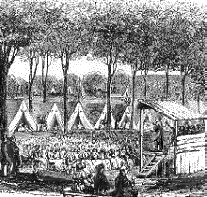
Bill later in life noted to his own sons the tale of the fabled sermon by one White Baptist preacher to assembled slaves who when questioned about streets in heaven being paved, explained that "of course those for Blacks would not be gold as would be for Whites but "they will be paved." Booker T. Washington in his widely known and read little book "Up From Slavery" was very popular with Black men who labored with their hands, and often cited by those critical of so-called "jackleg preachers." The term jackleg was used to denote men with wooden legs and unable to perform honest labor were often attracted to the arts of preaching to earn a living. Even today, men of such characters can still be found with little amazing singing and shouting cults of 10 to 20 women paying weekly tithes to "God's anointed." Bill's father Luther and uncles Robert Wilkes Kyle and Ellis Kyle would often make light humor about men who could hardly read and write proclaiming to have received a calling to preach, ... noting that rather what God really told them to do was "go plow." But, as Booker T. Washington would write, not all preachers were bad apples and some were very good, capable and devoted to helping uplift the race like Luther's favorite, a Reverend Brown who founded the "True Vine Full Gospel Baptist Church" in Pittsylvania County. 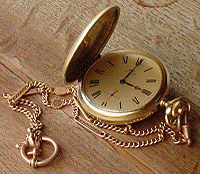
Luther Atkins, Bill's father wore a gold chain and pocket watch, and like many other men would time the sermon of preachers they were assembled to hear. The common culture among many men of that era around Virginia was that if a preacher went beyond ten to fifteen minutes in his sermon, ... then he was a jackleg likely to lie, entertain and try to make listeners believe in him rather than what was written by Mark, Matthew, Luke and John. His father's son, Bill was indoctrinated at this very early age in a belief he would carry all his life in listening to preachers. Like his father before him, ... he favored and never seemed to waiver in the teachings from the gospel according to Matthew, though his wife Cora like millions of women was thrilled by that of John reflecting a great literary style unique among the gospels. The Atkins men raised up as Baptist in the Black congregation churches in Franklin County held similar views as the Kyle brothers though Adaline Frog Kyle was a very devoted and faithful member of the African-Methodist Episcopal Church in Salem. Men such as them were generally contemptuous, if not suspicious, of African-American men who did not earn a living by working with their hands. The many tens of thousands of smiling self proclaimed preachers in first generation born after slavery, ... were in effect an army of young men that called millions of young women and their children to congregate and assemble in community for many various causes including entertainment and popularized religion more about "being" than "doing." Just be thankful and happy, and wait for God to bless you. Don't worry and bother about education, jobs or even health, ... and if you do not receive it, then something is wrong with you such as not tithing enough money to the church? One of the more popular plantation carry-over sermons by pretentious preachers was that of citing the bible to tell assembled listeners to "wait upon the Lord." 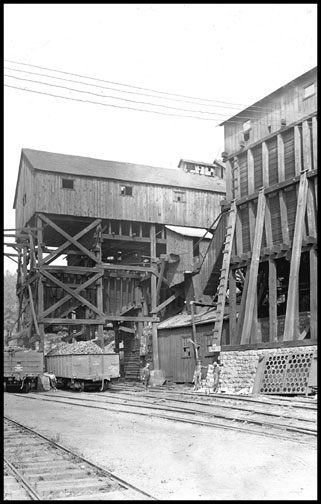
Men that mattered did not listen or wait for jackleg preachers but went out into the world of labor and learning to earn their blessings in the form of jobs and cash pay. By the time Bill was eight years of age, the great war later called World War I had begun and the jobs and industries for hard-working low skill and pay Black men soared in places near and far like Roanoke brick yards where future wife Cora's father worked, ... and Bluefield and Beckley West Virginia where Luther Atkins and his brothers and cousins would work and live for extended periods of time. 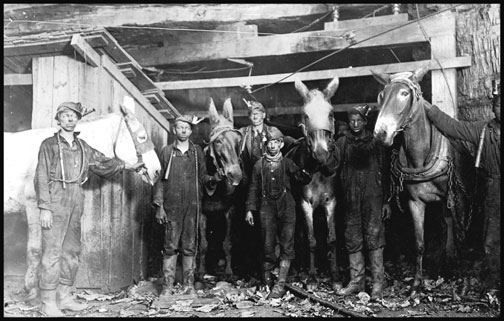
By the end of World War I in 1918, Bill was suspended by Principal Duckwilder from school for "skipping a day without permission" and Luther Atkins decided he had enough schooling (seven years). At age 12 years, Bill was taken by his father to live in "Grandma's" rooming house in West Virginia where a job was acquired for him in the local coal mines. 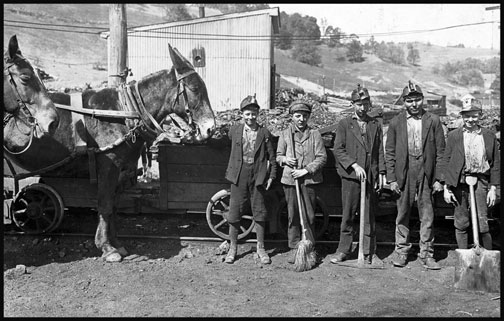
We believe that "Grandma" herein was likely Luther Atkins' sister Emma who treated him very well but his boyhood dream of going to Hampton and learning to become a plumber was shattered in the harsh realties of working in the mines. He was daily challenged to perform various tasks assigned to mine boys under supervision of experienced miners, ... with promises of earning their mining papers and future benefits of standard wages. Black Coal Miners and Mill Workers Strike Breaker Coal Miners A long legacy of strugglePublished Jan 29, 2006 7:46 PM African Americans have been mining coal and fighting bosses for over 200 years. Slaves were working in coal mines around Richmond, Va. as early as 1760. During the Civil War, a thousand slaves dug coal for 22 companies in the “Richmond Basin.” Black miners were expected to load four or five tons of coal. Slaves able to fill this quota were fed supper. Those who couldn’t were whipped. Slavery in the mines didn’t end after the war in 1865. For decades prisoners convicted of “vagrancy” and “loitering” worked as virtual slaves for private outfits in Alabama, Georgia and Tennessee. From 1880 to 1904, 10 percent of Alabama’s state budget was paid by leasing prisoners to coal companies. African Americans accounted from 83 percent to 90 percent of these slave miners in Alabama. Sixty-nine percent of Tennessee prisoners digging coal in 1891 were Black. Some poor whites were railroaded to jail too. Conditions were horrendous in these convict mines. Nearly one out of ten prisoners died annually at the Tracy City, Tenn. mine operated by the Tennessee Coal and Iron Company (TCI). TCI was bought by United States Steel in 1907. USS continued to operate TCI’s mines in Alabama for another 20 years. Reparations are owed by USS and the JPMorgan/Chase Bank whose financial ancestor set-up this steel Goliath as the first billion-dollar corporation in 1900. Three hundred miners with guns freed prisoners at TCI’s Briceville, Tenn. facility on July 15, 1891. The following week 1,500 miners returned to free more prisoners. H.H. Schwartz of the Chattanooga Fed eration of Trades reported that “whites and Negroes are standing shoulder to shoulder” and armed with 840 rifles. James Knox, an African American convicted of passing a $30 bad check, was tortured to death by guards at Alabama’s Flat Top mine on Aug. 14, 1924 because he was unable to meet the mine’s daily ten-ton quota. The uproar over this murder finally forced Alabama to shut down its slave mines. On July 1, 1928, 499 Black prisoners singing the “Negro” spiritual, “Swing Low, Sweet Chariot”, turned in their lamps and picks for the last time. Black labor summoned to the mines. By 1930 there were over 55,000 Black coal miners. That year African Americans accounted for 53 percent of Alabama’s coal diggers. These Alabama miners went on strike in 1894, 1904 and 1908. Eleven thousand miners—75 percent of whom were Black—struck again from Sept. 7, 1920 to March 12, 1921. Among the Black leaders were J. F. Sorsby, United Mine Workers Dis trict 20 vice-president, and International organizers, William Prentice and George H. Edmunds. Despite bold tactics that included dynamiting a Southern Railroad train carrying scab coal, the strike was crushed by the National Guard. At least 16 people were killed. But the UMW came back to organize these mines in the 1930s during the Great Depres sion when militant struggles were being carried out by labor. Twenty-two thousand African Americans were employed in West Virginia’s mines in 1930. Black and white miners there fought side-by-side in the Paint Creek-Cabin Creek strike of 1913-14. The Black union man known as “Few Clothes” Dan Chain —portrayed by James Earl Jones in the powerful John Sayles film, “Matewan”—became legen dary for his courage. The “mine wars” in Mingo and Logan counties from 1919 to 1921 produced the big gest armed confrontation in U.S. labor history. Logan County Sheriff Don Chaffin was paid $32,700 a year (worth about $400,000 today) by mine owners to keep out union organizers. Following the assassination of the pro-union sheriff Sid Hatfield on Aug. 1, 1921, 8,000 armed miners, one quarter of whom were Black, marched on Logan County. While ten union members were killed at Blair Mountain, one hundred of Chafflin’s mercenaries were slain. Army Gen. Billy Mitchell wanted to bomb the miners. Only the dispatch of 2,500 soldiers by President Warren G. Harding prevented the union’s victory. The mechanization of mines has wiped out 400,000 union jobs since 1950. Black workers were targeted first for dismissal. Just a few thousand African Americans are working in mines today. The 14 miners killed last month in West Virginia were white. Most of the people who drowned in New Orleans in the aftermath of Hurricane Katrina were Black. Capitalist greed and the Bush administration are responsible for all of their deaths. Sources: Black Coal Miners in America by Ronald L. Lewis (The University Press of Kentucky, 1987) and Coal, Class and Color, Blacks in Southern West Vir ginia, 1915-1932 by Joe William Trotter, Jr. (University of Illinois Press, 1990). William Thomas Kyle Atkins, born 1906 Hark, the Heralded Angels Sing Cora Lee Hill's Story Robert Jonas Atkins 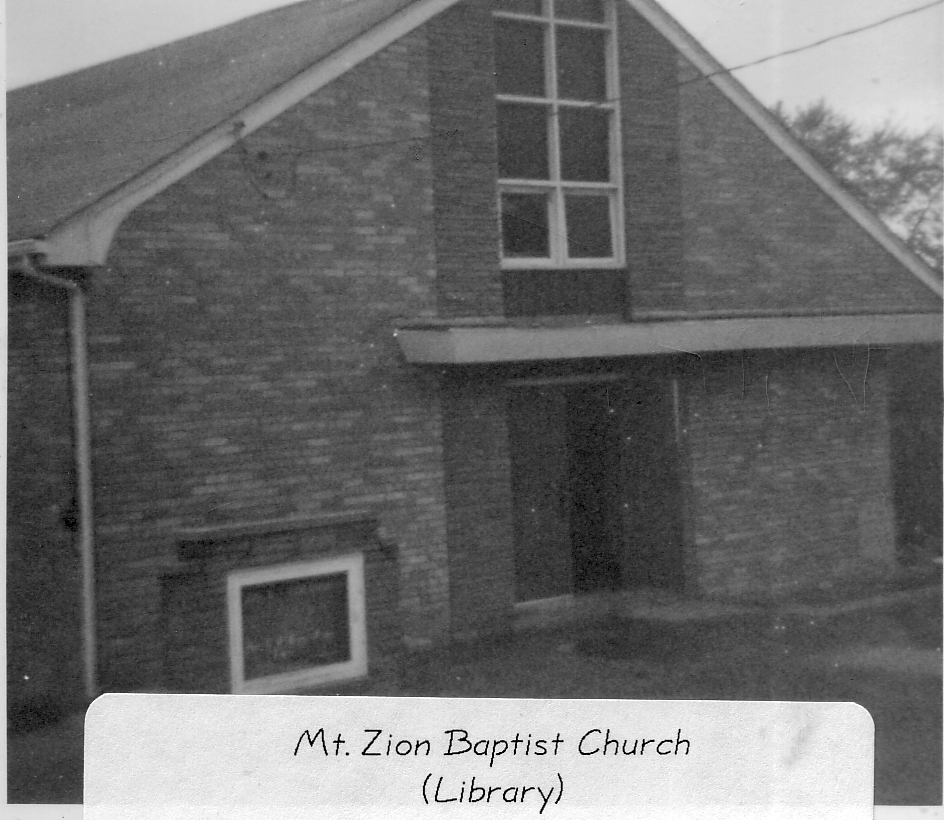
For him, Christ was born King of Heralded Angels of Heaven on battlefields of life, ... in military battles against evil like those against slavery, Hitler, Mussolini, and Tojo too; down in the coal mines; working on the railroads; highway construction gangs; and anyplace else where believers risked their lives, sweated and toiled for goodness sake. Enlightened in the John Wesley AME Church of Salem, Virginia, ... he perceived the work of ministers was to teach the good news to help communities to live better lives, not simply preach and pray for their monthly pay. Later in life after marriage to his wife Cora Lee Hill who was raised and married as a member of First Baptist Church of Salem, he converted to the Baptist faith and later became Chairman of the Trustee Board for Mount Zion Baptist Church (under pastor Chester H. Byars) in Library, PA. The story of William Thomas Atkins labors of love above and below ground can not be told or understood without telling that of his friend and brother in Christ Chester Byars, ... who passed to heavenly existence in the same 1993-1994 time frame as Bill and Cora Atkins whose rented coal company two floor, two bedroom house (with out-house and coal shed) was the closest dwelling to the coal company provided lot of Mount Zion Baptist Church established by coal miners in year 1926. 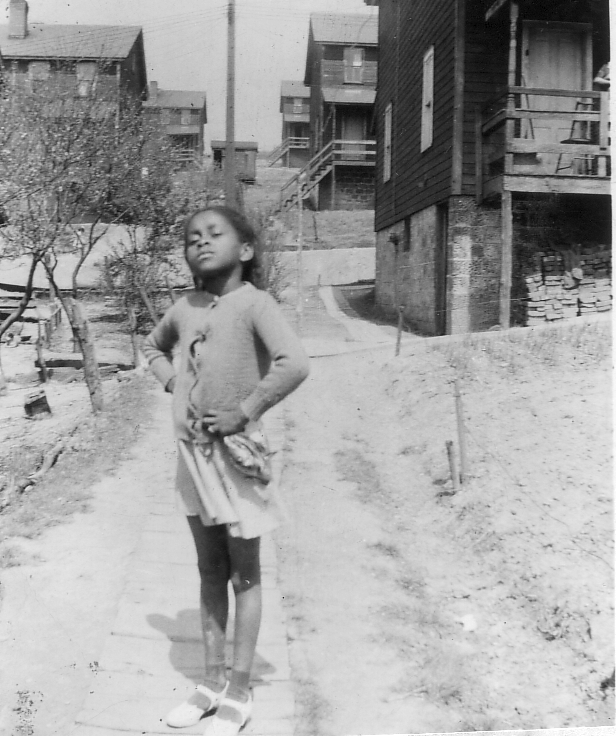
Coal mining was dirty, difficult and risky work that could try a man's courage and strength. Chester Byars like many of the miners had come up from Birmingham, Alabama to work in the mines and mills but was soon recognized in area as gifted in "teaching the Word" ... to turn coal camps of heathen attitudes and behaviors into communities in Christ. Like many Birmingham born ministers, Chester Byars could also preach and play baseball with the best of them, ... but Bill and Cora among many church members found in him a calling for actions not simply words read from the bible. Chester Byars was up from the influences of Booker T. Washington who urged ministers to go and teach people the proper use of the bible and faith that lifted us up from slavery in hostile lands. He was a minister enlightened in the stories of brothers and sisters sent out as slaves and freemen from places like Richmond to teach the Word in Africa and places like Alabama where slave owners had purchased many thousands of Virginia born slaves. Bill and Cora had in common with men like Chester Byars, the Archie brothers, Popes and other miners up from Alabama, ... a abiding belief in the useful life of Booker T. Washington stressing education and enterprising lives to help others help themselves. Bill tried to do so. 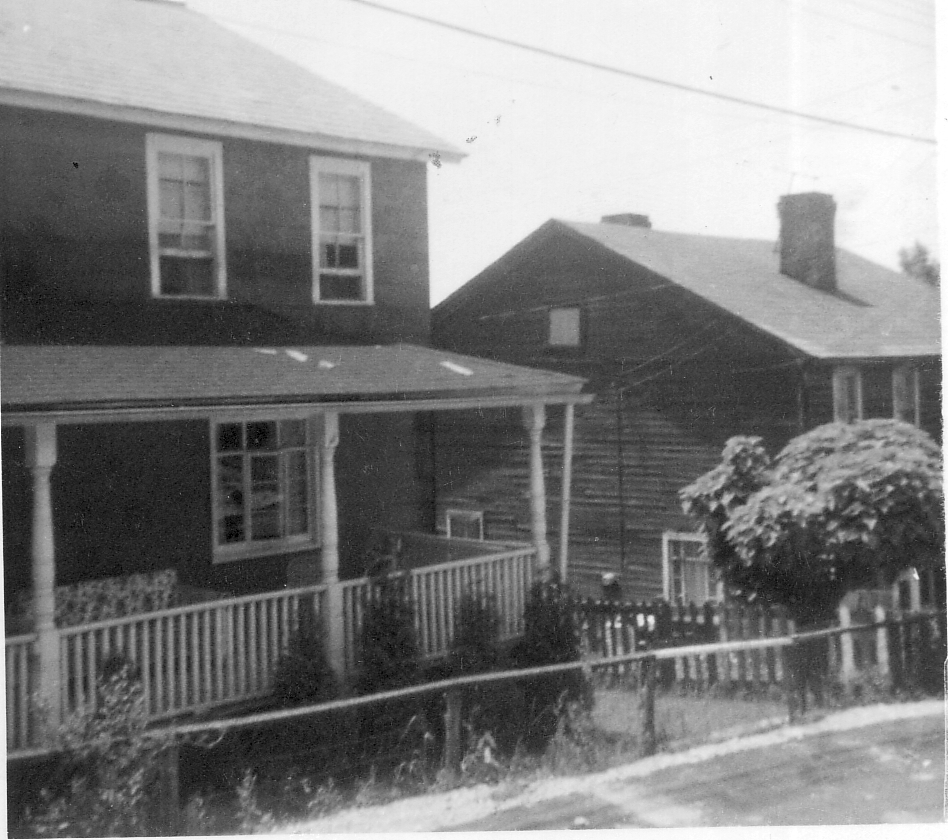
Within days of occupying their home at 327 Overhill Avenue, ... the first Christian challenge was to allow church congregation members and children to use the Atkins out-house (which meant near daily cleaning, paper supplies and much more frequent costs emptying the septic tank). Accepting the first challenge, Bill was confronted by a second one to allow a foot-path short-cut from Overhill Avenue thru his yard to the church yard, ... including children playing along the way with boys often wrestling and throwing balls and stones. With no children of their own, Bill and Cora together reasoned, "Suffer the little children unto me and forbid them not." And it would be his daily challenge to buy, build and foster it by being keeper of the keys to the church, ringing the church bell for Sunday School, Sunday Services, Weekly Prayer, and equally important janitorial and related tasks like coaling and firing a furnace to keep congregants warm. 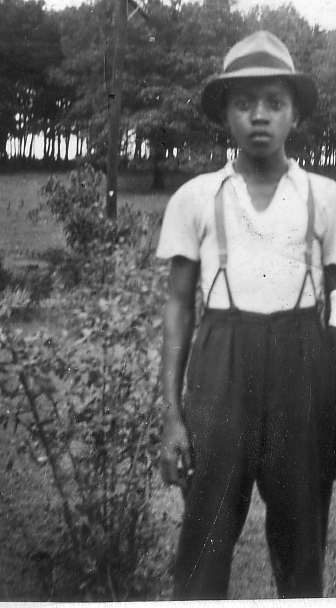
Bill's greatest challenge was yet to come before he and Cora birthed their first child in April 1934. The depression years that began in year 1929 found him as one of few family members still employed by year 1931 when relatives began to come in from their impoverishment back home in Virginia. Cora Lee Hill's Story The property was purchased by Charles Kyle with his mustering out pay after the Civil War and lay at the bottom of a beautiful Blue Ridge mountain chain and river tributary that afforded a swimming hole for children and on occasion overflowed and flooded their happy acres of fathers, mothers, aunts, uncles and cousins. The only problem with the flowing water stream was that people near and far, including the orphanage, used the stream to discharge their outdoor toilets. Bill (some relatives called him Willy), third born of his parents, lived in the parental household until younger siblings were born into their three bedroom house; and, then as was custom in much of country, he and his older brother Edgar began spending nights and much of their days and meals in the next-door household of their beloved Grandmother Kyle. By age five years, he spent much of his time playing and often watching and working in their large country gardens, chicken and pig pens. He recalled that on a large lot and farm adjacent to his mother and father's home was the Baptist orphanage for White children and he often visited and observed the corn farming and hog-raising operations therein. Some relatives worked for the orphanage and when it slaughtered hogs each year, his grandmother and other relatives were afforded opportunities to purchase hog intestines, heads, feet and other unwanted parts which they quickly cleaned and used to make chitterlings, hog-head cheese, pickled pig-meat, pig-tails, etc., ... some of which was sold to residents and relatives living in Salem City and Roanoke. Salem Virginia Museum Archives "This building, known usually as School No. 2 or Salem Colored, served the Water Street Community until 1890. In that year a new building was erected on the southwest corner of Water Street and School Alley. Principal John Duckwilder would preside over this 6-room schoolhouse, then called Graded School A, intermittently until 1920. The inequities in local education can be seen in the fact that at the same time, Salem built the commodious brick Academy Street School for her white students. Even several years before the Supreme Court's "separate but equal" doctrine of the Plessy vs. Ferguson case, the realities of segregated school systems clearly favored whites in facilities in Salem. The name of this school would later change to Roanoke County Training School, to reflect the vocational education that was offered there to many. Despite its shortcomings and deprivations, RCTS was the only, and therefore best, opportunity that African Americans had to gain an education and a chance to overcome poverty." END OF QUOTE |
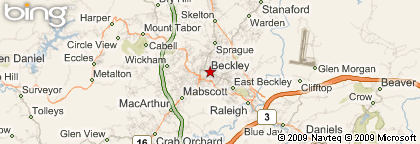
He attended the Salem public schools 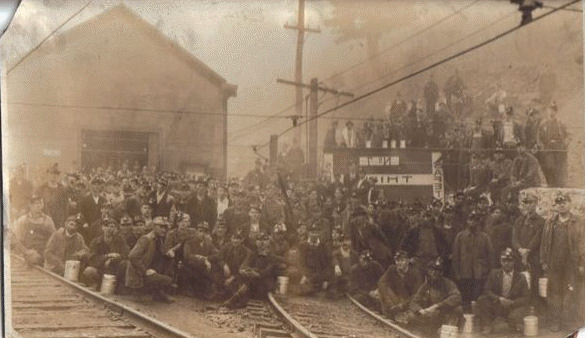
In year 1918-1919 Bill was taken by his fathtolive with coal-mining cousins in Beckley, West Virginia. It appears that his father's reasoning was to groom Bill as a replacement boy for Edgar who likely had removed himself from West Virginia to avoid conscription. Bill lived with the wife of Morris Atkins (Grandma Ann) who operated a rooming house for single young men working in the coal mines. He recalled the rooming-house was spacious and filled with African-American miners from southwest Virginia who moved back forth, like his father, for families and farming a few months per year. The problem for Bill and most other miners was that small-time mine-owners were notorious for cheating workers by so-called dockings due to "dirty coal" and other tricks to extent of disappearing and not paying on payday. Most miners had little recourse but to "grin and bear it," especially African-Americans who dared not threaten a White owner who functionally owned the law for most civil, including complaints to constables, lawyers, magistrates, judges and sheriffs. Disgruntled miners were deemed "troublemakers." 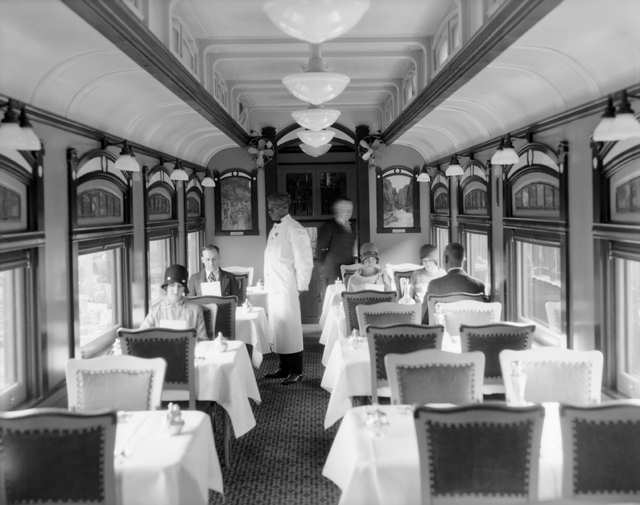
After losing a finger in a mine accident, experiencing a 1923 mine explosion that killed many miners and unable to depend on being paid for his labor, ... Bill left Beckley around 1923 and returned to Salem. His older brother Edgar Atkins helped him get a job in Newark, New Jersey waiting tables for railway dining cars and had worked therein doing the same, ... but fled to Harlem for avoidance of conscription in World War I. Edgar changed spelling and pronunciation of his name to Eddie Akins and living the good life with friends like former heavyweight boxing champion Jack Johnson. And, worse of all for brother Bill who admired and looked up to him because of his gifted abilities in music and multiple languages, ... was the brotherly commandment to deny family and government from knowing his associations and whereabouts. With the excitement of railway adventure and travels with his brother gone, ... William returned to Salem, Virginia and acquired a job working for the local tannery where his distant cousin Edgar Lee Morris helped gain him a job at the local tannery. http://www.salemmuseum.org/guide_archives/HSV7N1.html#water "Perhaps no family typifies the achievements of the Water Street Community better than the Morris-Elam family. In 1890, Edgar Lee Morris arrived in Salem to take a position as engineer at the Leas-McVitty Tannery, a high position for a black man of the day." END OF QUOTE A hard-worker Bill saved his money and earned more by growing and selling corn and hogs in the growing markets of Salem and Roanoke where Blacks purchased produce and meats for their consumption. Bill built a smoke-house for he had learned years before the art of smoking and curing pork that would generate a good profit around Christmas time. It was in this period that Bill like his Uncle Robert Kyle before him, ... became a Free Mason in the Prince Hall Lodge in Roanoke-Salem. Though Bill's aspirations had been to eventually obtain training at Hampton College as a plumber, ... his father was the son, grand-son, nephew and cousin to generations of coal miners dating back into days of slavery when they were leased out by slave owners to coal mine owners. 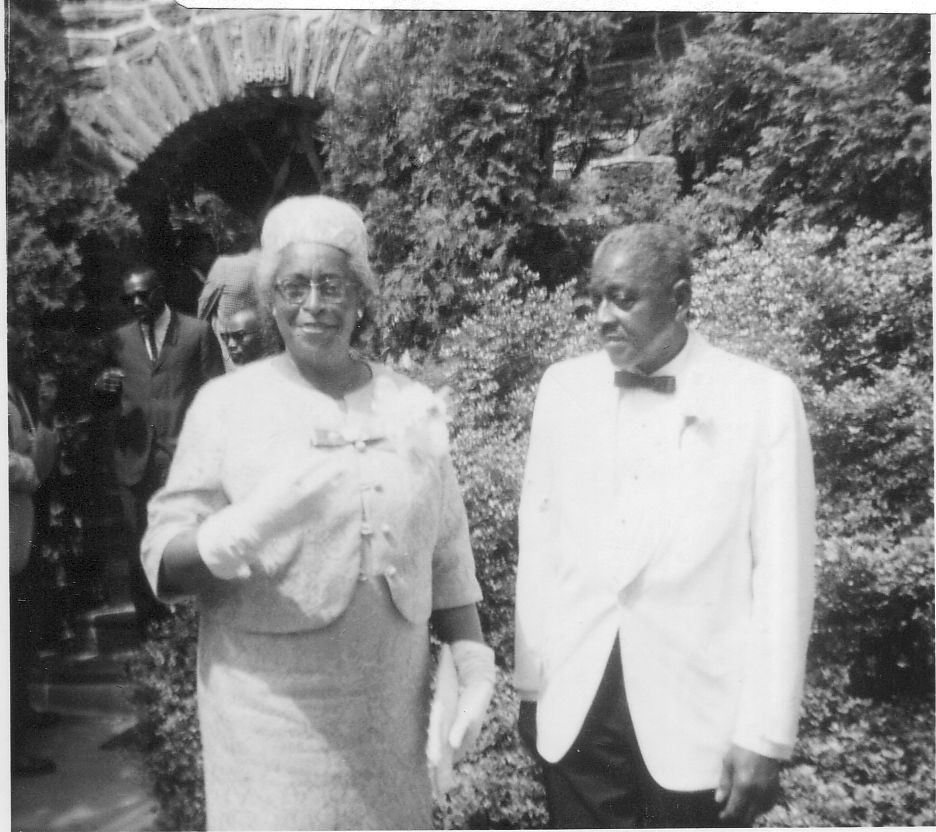
William in 1929 married neighbor and distant cousin Cora Lee Hill (born 1907), but made the mistake of building a beautiful two story English Tudor style house (like the ones that wealthy Whites lived in on Broad Street) on the street in which he and wife Cora had been born and raised. Shortly after construction was completed, so the story was told, ... the tannery owner riding a horse and buggy rode up for review and subsequently fired him from work in the tannery with the admonition, "if a n..... can live in a house like this he don't need a job in my tannery." Both he and his wife were black-listed by the Ku-Klux-Klan network from obtaining any jobs in the region and convinced their fate was statewide, ... Bill and Cora felt it best to leave Virginia for better opportunities to work. In his mind, though dangerous, coal mining offered the best opportunity for young Black men to earn cash money; especially so in strike-torn regions like Western Pennsylvania where mill and mine owners struggled to keep mines open against the striking White workers and retaliated by bringing in Black mill workers and miners. Bill's brother Edgar had relocated to the labor intensive city of Clairton Pennsylvania, was hired as a laborer in the mills; and contacted Bill to advise that jobs were available, and soon after employed therein during 1929 Bill was joined by wife Cora and later that year his youngest brother Robert was sent by Father Luther to live with him. Also in 1929 before the depression hit across America, Bill through his Masonic lodge brethren was introduced to Temple Lee, a wealthy African-American coal livery operator living in Library, Pennsylvania and with close contacts within the Pittsburgh Coal Company Mine #10. 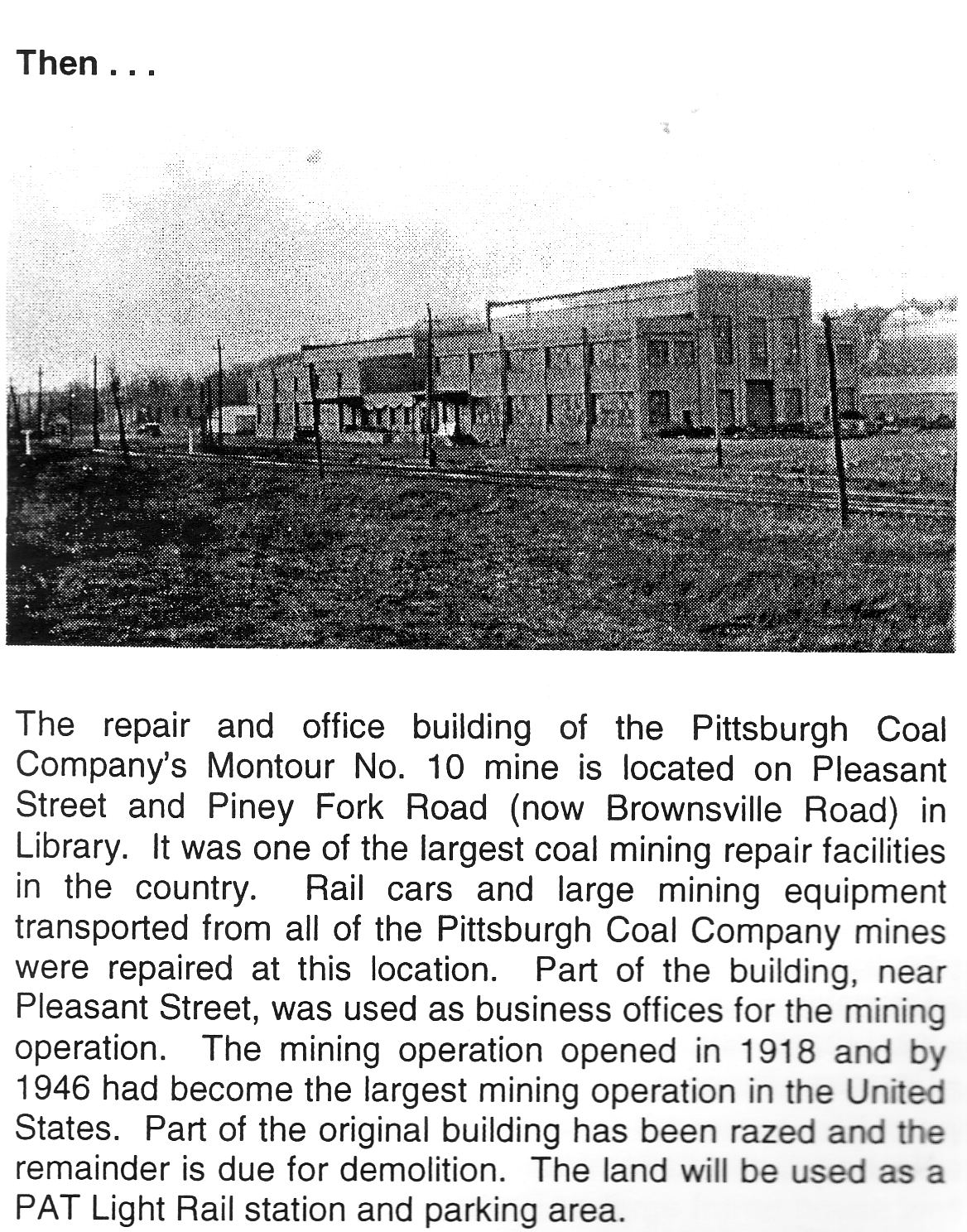
Temple J Lee & Irene Jackson It was Temple Lee who made arrangements to introduce Bill to mine bosses who agreed to hire him and allow house rental of mine owned housing at #327 Overhill Avenue, a two bedroom, two story frame house, out-house and quarter acre lot. Better yet, he had access to virtually unlimited buying credit in the local company store. The fallout from stock market crash in 1929 generated mass hardship among all Americans, and especially so African-Americans living hand to mouth in places like Salem, Virginia. Within a few years of moving into their house (along teen-age brother Robert) in Library, PA., ... Bill and Cora were joined by sisters Julia Kyle Atkins and Adaline Kyle Atkins, nephew William Roger Atkins-Brown, and younger brother Luther Martin Atkins. As economic times worsened, Bill was soon afterwards joined by friends from Salem such as brother Frank and Sam Lewis seeking jobs in the mines and mills. Bill's father Luther contacted his beloved cousin Lucy Adkins Cobbs, and advised her and daughters Ethel, Lizzie, Nannie, and Martha and son Walter that Bill was living and working in Library, Pennsylvania wherein jobs were available. Called to action, ... Bill and Cora helped bring Lucy and her husband from Roanoke County to Library for a job and housing in the coal mines. Bill and Cora had their first born child Betty Jane Atkins born 1934; William Thomas Atkins, Jr. born 1936; Robert Martin Atkins born 1938; Julia Morris Atkins born 1940; George Edgar Atkins born 1942; Ann Louise Atkins born 1944; Mary Catherine Atkins born 1946; Lois Jean Atkins born 1948; and Brenda Lee Atkins born 1950. Cora Lee Hill, born 1907 Cora Lee Hill's Story My interests in ancestral and other people and places were long ago fueled by an educated mother and enlightened father about what they had "seen and heard" in their early lives as functional believers in western Virginia and later western Pennsylvania. I was very much enjoined by the philosophy (not religious dogma] integral in command "Go and tell John what you have seen and heard." [Luke] 
In the very beginning of me, ... my father was a hard-working family oriented man up from Salem, Virginia where he was fired, prior to the great depression that began in 1929, from work in a tannery, ... because he and my mother dared to build a house like the kind White folks lived in on fabled Broad Street. A Guide to Historical Salem Vol. 1 No. 3 The tannery owner told him that "if a n..... can build a house like that, he does not need a job in the tannery." But, he was the son, grandson, great-grandson, and nephew and cousin of many coal-miners dating back to the days of slavery. He was advised by his father's female first cousin, ... married to a coal miner in Western Pennsylvania that jobs were to be had in the region where she lived. In fact, leaving old Virginia and its ways of peculiar attitudes and behaviors was very much a family affair dating back to the Civil War era when many Adkins/Atkins coal miners, living as leased laborers, ... found themselves free residents of the new State of West Virginia thanks to Abraham Lincoln. And, their sons and daughters married sons and daughters of coal miners and mill workers working for coal companies and steel mills stretching along the Appalachian Mountain coal veins of Western Virginia, West Virginia and Western Pennsylvania. William Thomas Atkins Story So, I was conceived and born in a small coal-mining town 13 miles southeast of downtown Pittsburgh and a region that did not employ teachers such as my mother who had graduated and worked as such in her beloved Virginia. My very earliest recalled memories are about older male cousins up from Virginia teaching me the song "A dollar a day working for the WPA." (Works Projects Administration) For me, from a very early age even before formal schooling, ... travel made me curious to see and hear, and want to investigate and read about people and places, especially Virginia that I often heard mentioned and causing me to long imagine it somewhere good to go like going to Sunday School when the church bell rang at nine o'clock. Sunday School allowed me to understand that my story could not be told without the telling about goodness that sprang from the body and spirit of Christ and his mother Mary. I would later learn the Sunday School movement for African-Americans in small coal mining towns like mine, many dozens of steel, wire, coke and other mill towns and the Upper and Lower Hill Districts, ... emerged from enlightened young mothers during beginning years of the 20th century, ... not preachers. In fact, the women's clubs were far more focused on stopping boys from growing to envy, harass, hate and kill each other than their secondary goals of encouraging education for boys and girls of bad mothers. Thanks to my mother and others that included Reverend Chester Byars, grand-father of Keith Byars future All-American half-back from Ohio State and a grand-daughter who became a distinguished legal scholar at the University Michigan, ... I learned before formal school that a purpose existed for my being and the being of my friends and siblings. The earliest stories heard by me about Jesus was in Sunday School around age four, ... and being told of shepherds travelling, led by a bright star to find baby Jesus and his mother Mary. The most vivid lesson learned for me was that men had to travel in search of goodness. I believe my thoughts were reinforced by annual week long reenactments by children in the Church on Christmas night. The tales told were about about HIM, ...not Santa Claus in whom I also very much wanted to believe. I would later learn that my mother, as Church Clerk, for our small Baptist congregation had since year 1929 purchased Sunday materials from Black publishers in Nashville inclusive of a wise-man of color like deacons, trustees like my father and other folks portrayed as White, ... like our next door neighbors in the two family Pittsburgh Coal Company house and street we shared. During the war years, it was common to find coal miners born in Eastern Europe and those born White in the mountains of West Virginia living and working side by side with Black men and women up from places like Birmingham, Alabama and western Virginia, ... and even far away lands like South Carolina and Tennessee. Courage and stamina mattered more under ground in the dangers and challenges of coal mining than did the skin color under its daily dirt and grime. A lot of men tried and quite a few died, leaving behind widows and children the benevolent Pittsburgh Coal Company allowed to stay in their rental homes but not use the company store wherein purchases were deducted from a miner's bi-weekly pay. African American Coal Miner Info Page Even at that age in the midst of World War II, I remember looking out at the sky over the blazing slate dump that burned day and night from the build up of coal gas beneath, ... and wondering what a desert looked like. My Sunday School teacher Dave Pope, who later was drafted into military service along with his two brothers and a million other African-American young men, and thereafter became a star outfielder for the Cleveland Indians and member of the U.S. Civil Rights Commission, ... said the desert was hot in the day but very cold at night and shepherds had to have long robes to keep warm. 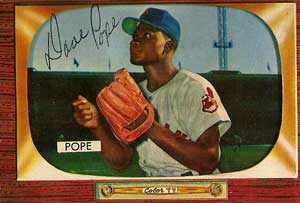
From those early weeks of wonder encouraged by Christmas plays in which I was normally one of the wise men, .... travel, including walking to and from public schools, was etched in my attitudes and behaviors about living a good life through helping others, especially parents. I was not the only boy to be so stricken with the spirit of doing good to be good. And being quick about it! Baseball Almanac Dave Pope's generation, the one born before mine that included Jackie Robinson, my cousins and others sent off into World War II to combat evil, ... had set the pace in our community for behavior by boys being good by doing good in whatever needed done. The local women's club that included my mother and cousins almost always cited Dave Pope as the model for other boys to emulate. He and his older brother had been sent by their parents as teenagers from Alabama to an uncle in Pittsburgh so as to live, attend high-school and earn money to help father, mother and other siblings leave their share-cropper existence in Alabama, ... bringing with them the doctrine of Booker T. Washington extolling abilities to labor and sweat as a blessing. Such men, like Dave's uncle and father, lean and muscular, took to hard work in steel mills and mines like a duck takes to water. Andrew Carnegie saw Black men like them able and willing to work hard to earn their pay and way, ... and thus was the first world industrialist to pay standard wages when he hired them, bringing thousands from Birmingham to his Pittsburgh mills where striking Irish immigrant laborers rioted in protest. In fact, Carnegie retired in despair and by the time of World War I, the right to work rules were changed in the mills to afford affirmative action in employment and pay to Whites only, ... who belonged to the iron and steel workers union of Samuel Gompers who openly declared that White men should not have to compete with inferiors railroaded in as strike-breakers from Birmingham. 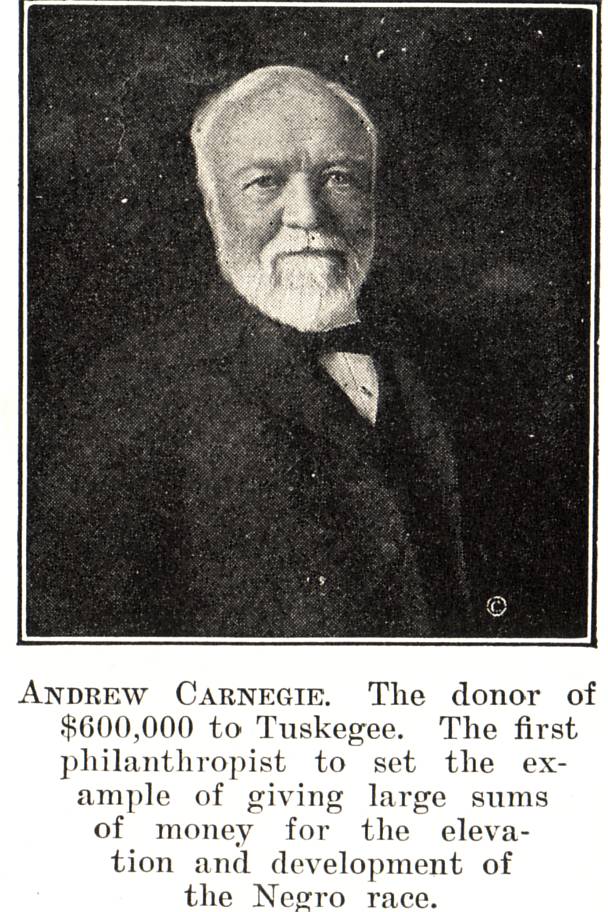
I would learn later in life that many Birmingham folks were related to people down around Virginia because in addition slave trading, ... during the Civil War confederate leaders moved most of its heavy industry and mining workers, who were mostly slaves, from Richmond down to the Birmingham vicinity. The wealthy White men in Birmingham who invited Booker T. Washington to come and establish a institution at Tuskegee for training Black men in the various mechanics such as brick-making, ... were themselves descendents of Virginia where hard labor and critical skills mattered most in making material gains. 
By the time I entered first grade in 1944 my mother had taught me my letters and numbers. The war was at full fury with virtually all the African-American military age sons and some daughters from my little coal mining town, ... serving in the Army or Navy. From the very first minutes of my first day in school we children were required to stand, place our hands over our hearts and learn to say the pledge of allegiance in unison. Then the teacher would read to us a passage from the bible as our morning prayer. From year 1944 until I left seventh grade in 1951, rituals of pledge and bible reading never changed. I believe America made a mistake that it will never be able to correct, ... when advocates against religious references in public schools won court battles but lost war to raise up new and better generations. Sunday Schools in those days were used as tools by preachers and teachers for having children write letters to men and women in the services, which meant we had to visit the homes for addresses and talk to their siblings and especially mothers about what to write. I learned that on our street, both White had been killed in the war and very much remember seeing a flag-draped coffin carried by sailors into the home of his parents for the customary wake by family and friends. 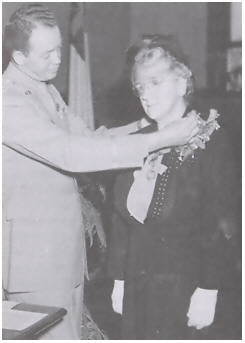 For African-Americans like my parents, he was the Shandor boy who like the town's Congressional Medal of Honor Winner Archie Mathies standing on left in photo above, ... died for his country, the greatest nation on earth and change promised with war's end. For African-Americans like my parents, he was the Shandor boy who like the town's Congressional Medal of Honor Winner Archie Mathies standing on left in photo above, ... died for his country, the greatest nation on earth and change promised with war's end. The church of mining men sent a delegation led by the pastor to visit and pray for the bereaved family of Archie Mathies who had been born in Scotland to a Presbyterian father who came to America and established a coal company which employed Black men at standard wages, but lost his beloved son to horrors of war. My mother later explained to me that Presbyterian folks all around Pittsburgh were more likely to hire and pay Black folk than any other ethnic group. She called them "the Great Scots" like Andrew Carnegie who believed in hard work for everyone they hired or would fire if determined not worthy of pay. She said they were fair-minded unlike a lot of White folks in the region who refused to pay a fair wage for things like house-cleaning services. But, it was a very racially segregated war in which most Whites viewed all Blacks serving in uniform as less than those brave young men who were White. The really bad news about the war is that it helped reinforce beliefs in the majority population that Black men had been too inferior or chicken to fight like them. And, Hollywood movie makers added to the fable by totally ignoring Black folks in the war effort, ... sort of like Neil Diamond and Melvin Van Peebles screen plays in which Blacks never exist except as inferior human beings, never good guys like the ones who won or win. 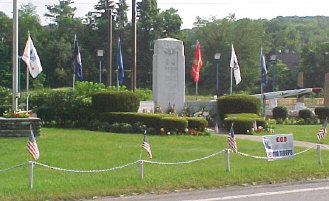
Text from Library, PA memorial above which was erected by UMWA Local 73: ARCHIE MATHIES
STAFF SERGEANT
US ARMY AIR CORPS POSTHUMOUSLY AWARDED
CONGRESSIONAL MEDAL
OF HONOR FOR
CONSPICUOUS GALLANTRY BORN JUNE 3, 1918
AT STONEHOUSE SCOTLAND
KILLED IN ACTION OVER
ENEMY OCCUPIED EUROPE
IN THE FLYING FORTRESS
MIZPAH
FEBRUARY 20, 1944 |
|
When the war finally ended, and black curtains were taken from our windows, my father and other men of the church held near daily meetings and discussions in our home and especially the nearby church. I was later reminded by him that men wanted to give thanks for God allowing so many sons like Dave Pope and nephews Charles and William Atkins among many thousands of others to escape the slaughter that would have occurred if President Truman had not dropped the A-Bombs. For them, Truman stopped the killing. Men like Deacon Jack Pope, with three sons programmed for the planned invasion, ... literally prayed tears of thanks before the entire congregation with heads bowed in awe as to what their Lord had done. I believe many of those folks in those old pews believed in their soul that prayers from them had been heard by God who stopped the war and delivered their sons and a few daughters home. According to my father who was a well-read man, reading his newspaper from cover to cover until his death days approached, ... the Japanese were waiting for the American invasion of their home islands and were well prepared to defeat it. They had an army of over five million men and an air force prepared to fight in Japan, and most African-Americans who had been spared much of the fighting in Europe were already in the Pacific or on their way for an invasion that estimated more than a million men would be killed in first days. Black regiments were going to be up to their necks in the dying that would far exceed American casualties at Normandy or even Russian casualties in taking Berlin. President Truman's decision saved a million lives. The Japanese Navy and its Marines had been utterly defeated in the Pacific campaigns but bulk of Japan's Army and its air-force were literally untouched as Americans would learn after the surrender ceremonies. Many of America's baby-boomers for certain would never have been born if Truman had not acted as he did to end the war promptly. The Japanese had no intention of surrendering so long as they understood what they and their Emperor Hirohito were fighting. Thousands of daily battles and millions of American and Japanese lives were on the firing lines of history in the making by men of means, ... not speculators about what men do! It still chills my soul to imagine the hell that would have hit my town and family all way down into Virginia and West Virginia if those A-Bombs had not been dropped on Hiroshima and Nagasaki. My greatest joy and likely that of older brother William, beginning in the summer of my ninth year, ... walking three miles each day to the local county golf course and earning a few dollars or less as caddies to golfers (almost always White professional men) and giving the same to our beloved mother. By then, after World War II, my brother and I both knew our father, a coal miner since age 13, and like most of other hard-working Black and White coal miners in town, ... did not earn enough cash money for families to use in matters such as church donations, women's clubs, music lessons, travel and many other matters that could not be acquired via credit in the company store. Adkins/Atkins Generations Kile/Kyle Patriots It was not until we his sons were grown men that it was possible to comprehend that Charles Kyle, his grandfather that he never knew, was a living hero in shaping young William Atkins through the medium of a beloved grandmother determined "Grandpa Charles and his beloved younger brother Ellis" not be forgotten by offspring generations. 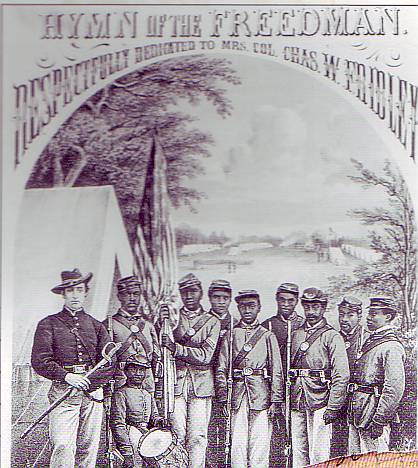
Willie, as some called him, was the third child of Luther Atkins (formerly of Franklin County) and Julia Kyle (of Roanoke County) as husband and wife living in Salem, Virginia on so-called bottom land acreage purchased by Union Army veteran Charles Kyle and his wife Adaline Frog Kyle that he helped free by daring to seek freedom. Charles Kyle was one of many young male slaves in Roanoke County who successfully escaped the hated institution. U.S. military records confirm that he went west into Chattanooga Tennessee where he was enlisted into 44th Regiment of U.S. Colored Troops and mustered out in April 1866 at the place of enlistment and regimental formation. This fact allows for descendents to help trace from where and when their ancestors came forth and departed in accordance with government policy and procedures in place. Oral history pundits tend to be women who overlook this critical source of information about the Civil War, Emancipation and after-math more often than not observed by survivors like Adaline Kyle who heard stories but never saw the killing that occurred. Charles Kyle and his brother Ellis and about 160,000 other volunteers in the 200,000 U.S. Colored Troops recruited in the war effort survived; but, descendents of any and all of them should never forget that approximately 40,000 died and never returned or even known by their siblings and parents. William Atkins believed it is the moral responsibility of the living to remember them in the body and spirit of Christ that so many believed when they died. Charles and his brothers, like many other slaves in western Virginia that included modern day West Virginia, ... were believers and subscribed to the abolitionist teachings of African Methodist Episcopal preachers who at great risk to their lives and liberties came in the 1850s with the good news of Jesus. In fact, according to William, ... the danger of preaching was such that real men called to ministry usually did so during slavery by going to various groups of adult male slaves like Thomas Kyle and his sons and usually taught about the Gospel according to Matthew. It was from this tradition that many Black men evolved the belief that a good sermon should not exceed 10 to 15 minutes. William was a believer but not in plantation style preachers and often joked "Most preachers claiming to be called did not understand that God really told them to go plow. Plantation preachers appointed by the White folks usually preached to women and children on Sunday gatherings and men-folk mainly attended because it was a day off from hard work." He obtained a very dangerous job as a brakeman working on one of the railways in the days before invention of air-brakes making it unnecessary for men like Charles to apply the brakes to individual cars in a train and often-times being injured or killed in the process. Railroad Brakemen With money of his own, Charles returned to Roanoke/Salem and married Adaline Frog Finney for rest of his life story and dying around 60 years of age before grandson William was born. Oral history handed down is that Adaline Frog Kyle was the first woman to be married in the newly constructed African Methodist Episcopal Church in Roanoke after the Civil War and if true, our assumptions are the marriage likely occurred after 1865-1866 when she and Charles were free from chattel slavery and he was able to provide her with a home. Prior to that time, marriage in law, was not recognized or authorized for slaves and the telling story William most often cited was his grandmother's determination to have a "proper marriage" like the White folks did and contributed money and labor to help establish AME on Melrose Avenue or the other one that existed in Roanoke. According to William and his wife Cora, there was a great push and rush for being married proper for at least two or three decades after the Civil War; and, some newly married couples were men and women with adult children. By time of the post-reconstruction era (1876-1906) the emerging Black Church and teachers north, south, east and west like Booker T. Washington were spreading the good news of marriage in the church, rather than plantation style "jumping over the broom" as proof of civility and human worth. There is every reason to believe Charles used his Union Army mustering out pay to acquire ten acres along an unpaved roadway at the foot of surrounding mountain chains. It was frequently flooded by an adjacent over-flowing creek on one side but a sizeable corn field on other side that was previously plantation land used by the owners to raise hogs and make moon-shine whiskey in nearby mountain hills, gullies and hideouts from local constables and government revenue agents. Salem Virginia 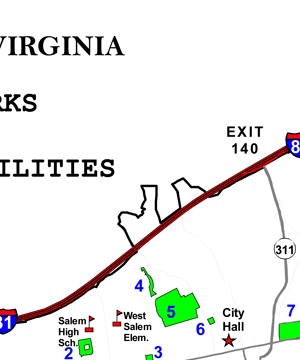
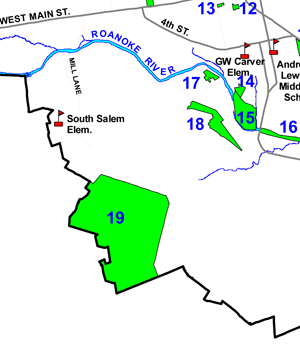
My heritage as a soldier in the American military establishment could not likely have occurred without the stories handed down from my father and mother about their ancestors in the Civil War, ... particularly Charles Kyle and his brothers who paid the bill for what would ultimately be my freedom to be born free in year 1938 the year my great great uncle Ellis Kyle died in Salem, Virginia. So I owe it to myself to try and understand why Charles and his brothers lived and died; and, indeed why my father felt compelled to name me after his great uncle Robert Kyle whom he never knew but had a vivid hear-say lesson given by his grandmother Adaline Frog Kyle. As I digested his values about his life and those that he valued in the past, I was able after many years to begin to absorb an understanding as to why his favorite song was and is now mine: AMAZING GRACE | 













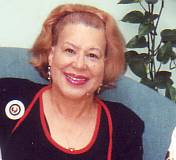



































 For African-Americans like my parents, he was the Shandor boy who like the town's Congressional Medal of Honor Winner Archie Mathies standing on left in photo above, ... died for his country, the greatest nation on earth and change promised with war's end.
For African-Americans like my parents, he was the Shandor boy who like the town's Congressional Medal of Honor Winner Archie Mathies standing on left in photo above, ... died for his country, the greatest nation on earth and change promised with war's end. 

